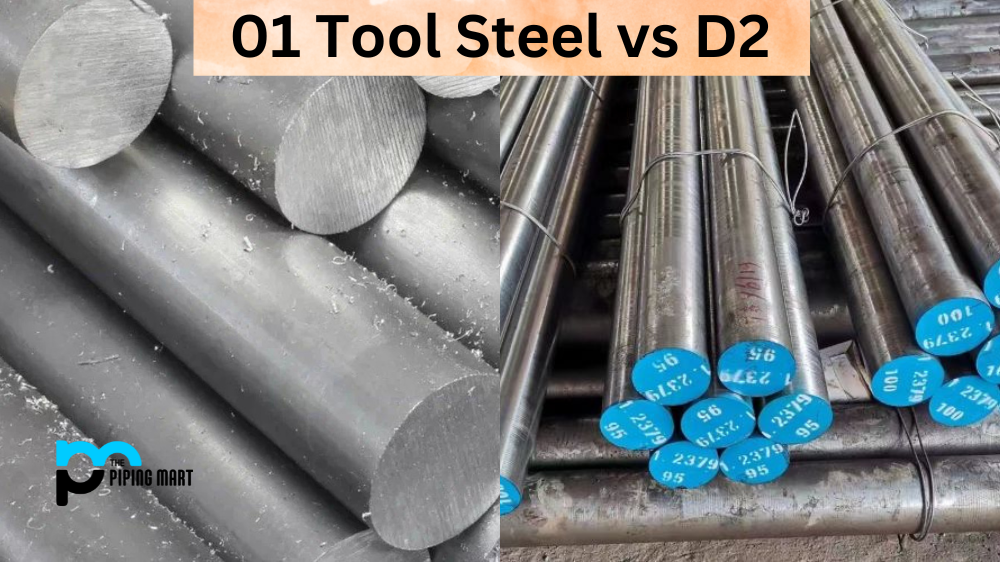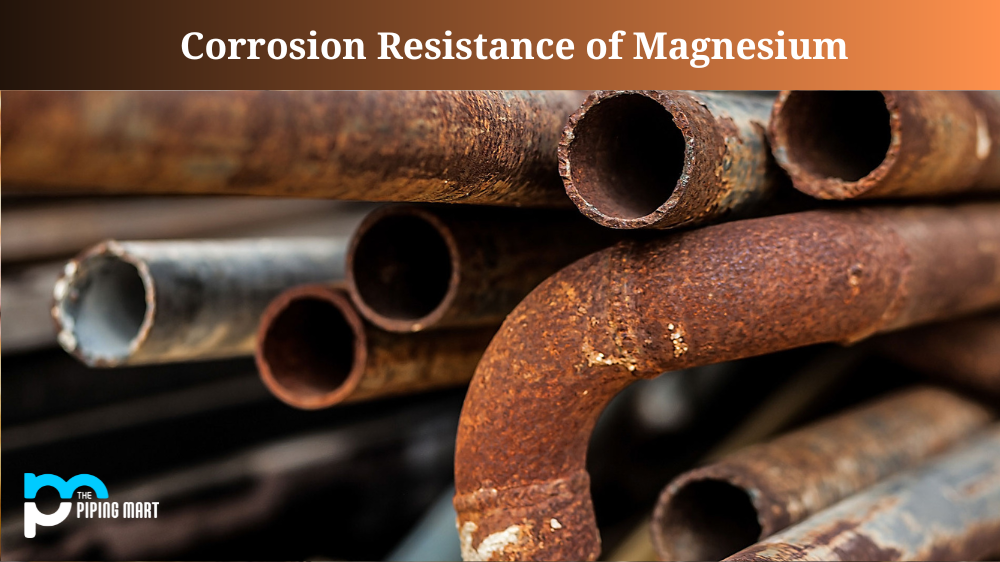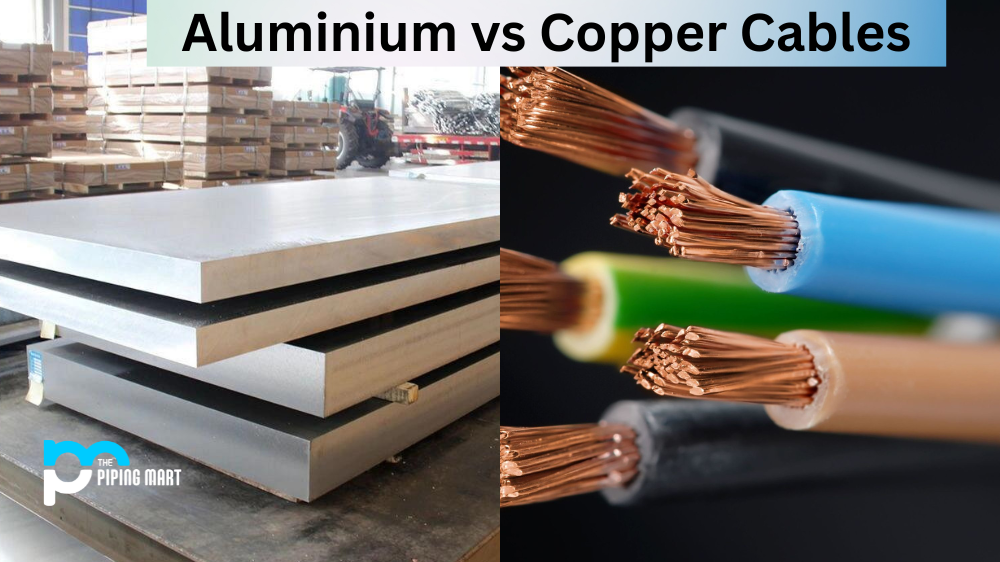When it comes to choosing the best steel for blades, there are a lot of factors to consider, including hardness, toughness, corrosion resistance, and ease of sharpening. Two popular options often come up in discussions are 01 tool steel and D2. Both are high-quality steels with unique properties and advantages, but which is the better choice? In this blog post, we’ll look at the differences between 01 tool steel and D2 and help you decide which is right for your needs.
What is 01 Tool Steel?
01 tool steel, also known as oil-hardening steel, is a popular choice for blades due to its toughness, wear resistance, and ease of sharpening. It’s relatively easy to work with, making it a good choice for custom knife makers and it responds well to heat treatment. One of the biggest advantages of 01 tool steel is its toughness, which means it can withstand heavy use and abuse without chipping or breaking. However, it’s not the most corrosion-resistant steel, so keeping your blade dry and oiled is important.
What is D2?
D2, on the other hand, is a semi-stainless steel with excellent wear resistance and hardness. Its high chromium content (12%) makes it more corrosion-resistant than 01 tool steel, but it’s still not fully stainless. Unlike 01 tool steel, D2 is more difficult to work with and requires more attention during heat treatment to avoid cracking or warping. D2 is often used for industrial and commercial applications and is common in producing high-end knives and tools.
Difference Between 01 Tool Steel and D2
Hardness and Toughness
One of the main differences between 01 tool steel and D2 is their hardness. While both are considered “hard” steels, D2 is generally harder with a Rockwell hardness of around 60-62. 01 tool steel, on the other hand, has a hardness of around 55-59. However, hardness is one of many factors to consider regarding blade performance. Toughness is also important, especially for blades used for heavy-duty tasks. In this regard, 01 tool steel typically has an advantage over D2. While D2 is harder, it’s also more brittle and prone to chipping or snapping under stress.
Sharpening
Another factor to consider is how easy the steel is to sharpen. 01 tool steel is known for its ease of sharpening and is often recommended for beginners. It takes a nice edge and can be sharpened with simple tools like a sharpening stone or steel. D2, on the other hand, is relatively easy to sharpen, especially for beginners. It requires specialized tools and techniques, and even experienced sharpeners sometimes struggle.
Corrosion Resistance
Finally, corrosion resistance is important, especially if you plan to use your blade in damp or humid conditions. As mentioned earlier, D2 offers better corrosion resistance than 01 tool steel, but it’s still not completely immune to rust and discolouration. Keeping your blade dry and oiled is important to prevent rust if you’re using it in wet or humid conditions.
Conclusion
So, which steel is best for your blade? Ultimately, it depends on your specific needs and preferences. If you’re looking for a tough, durable steel that’s easy to sharpen and doesn’t require much maintenance, 01 tool steel is a solid choice. If you’re looking for steel with outstanding wear resistance, hardness, and corrosion resistance, and you don’t mind putting in more effort to sharpen it, D2 is a good option. Whichever steel you choose, work with a reputable supplier and follow appropriate heat treatment guidelines to get the best performance out of your blade.
Meet Heer, a dynamic and driven writer learning tricks of her trade in the metal industry. With a background in Digital Marketing, Heer brings a unique perspective to her writing, sharing valuable insights. Apart from blogging she like reading and hiking.




